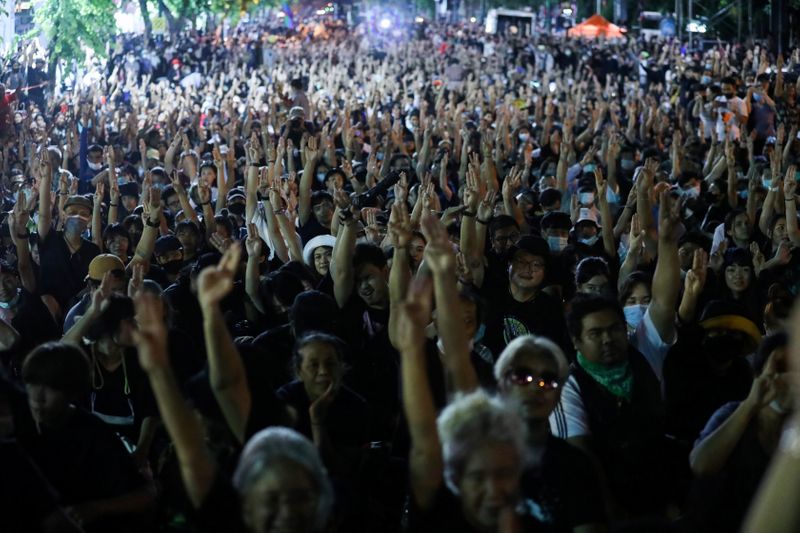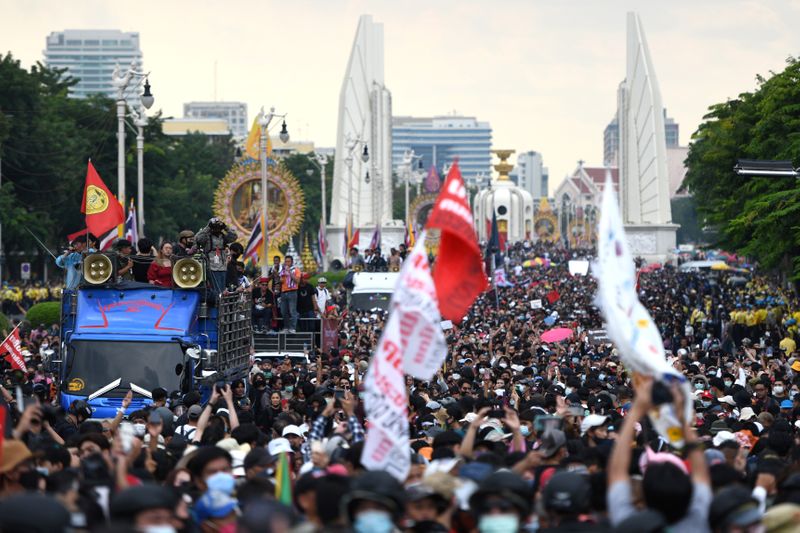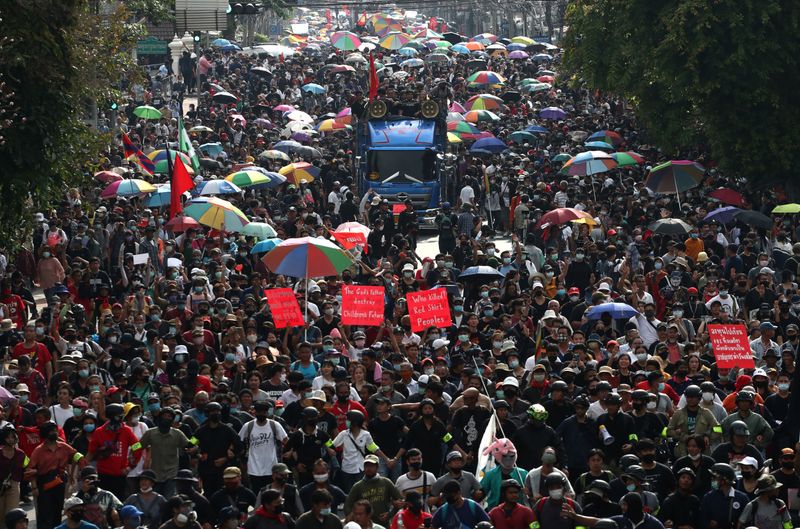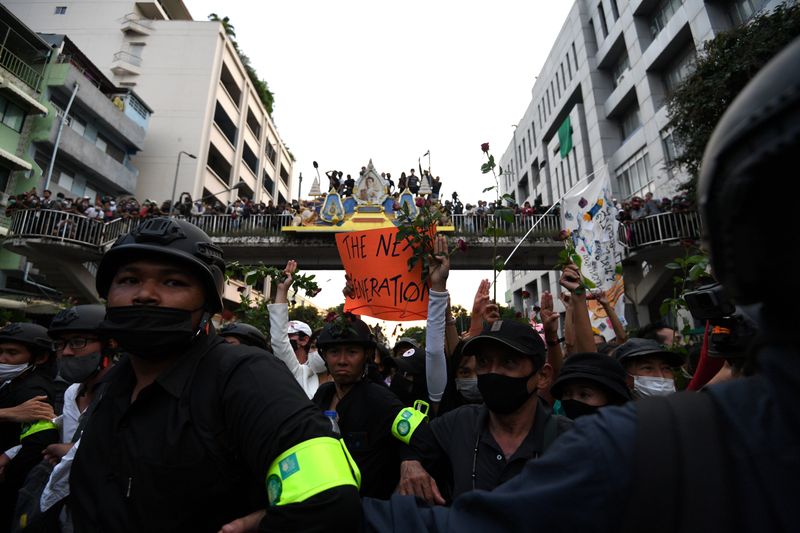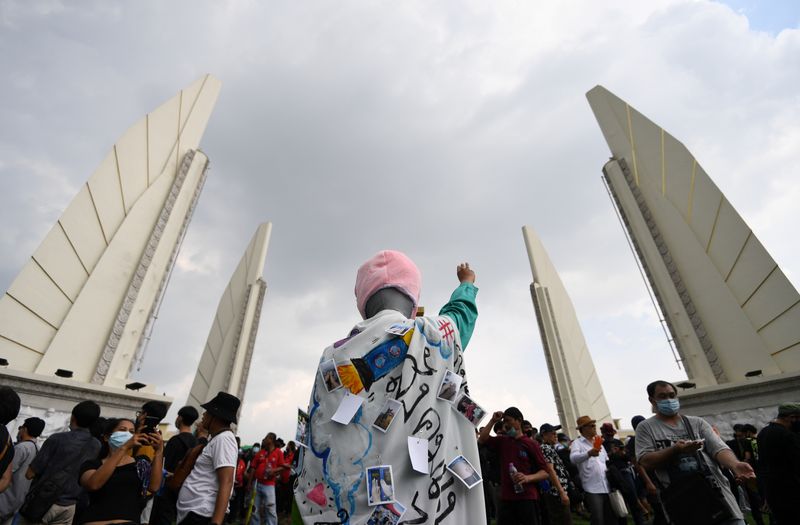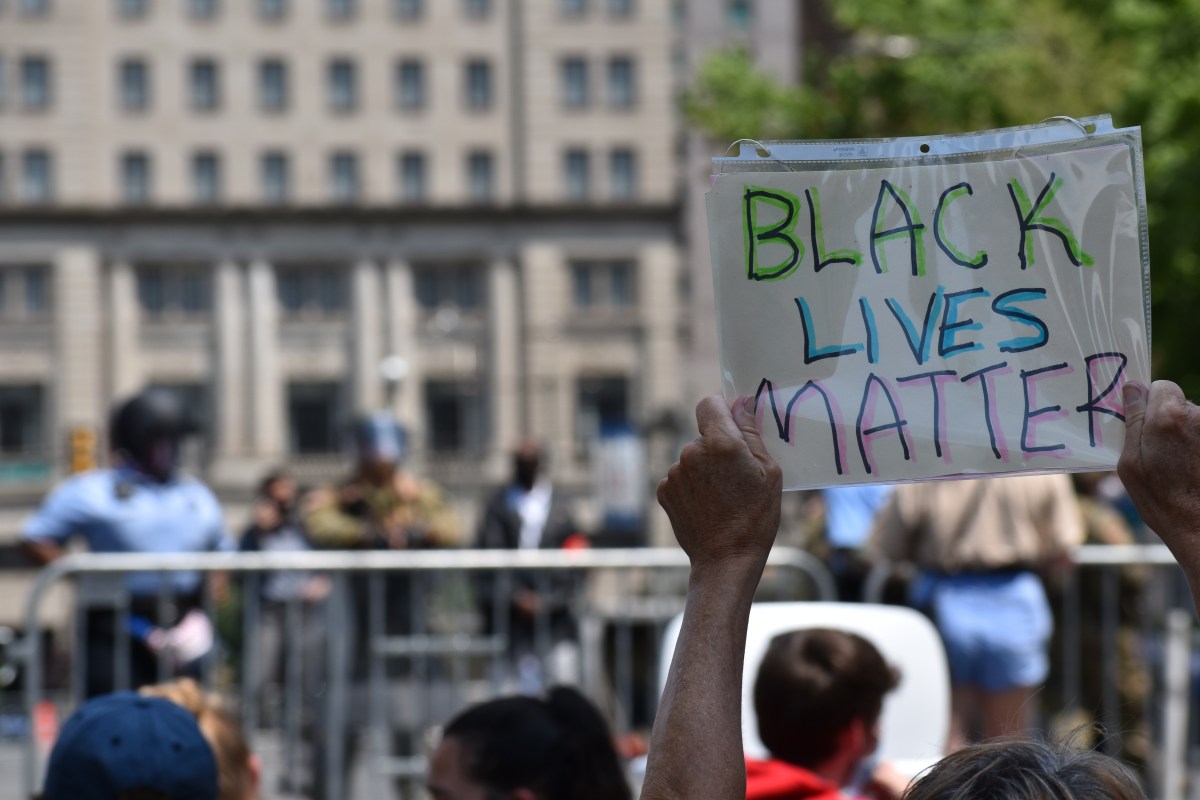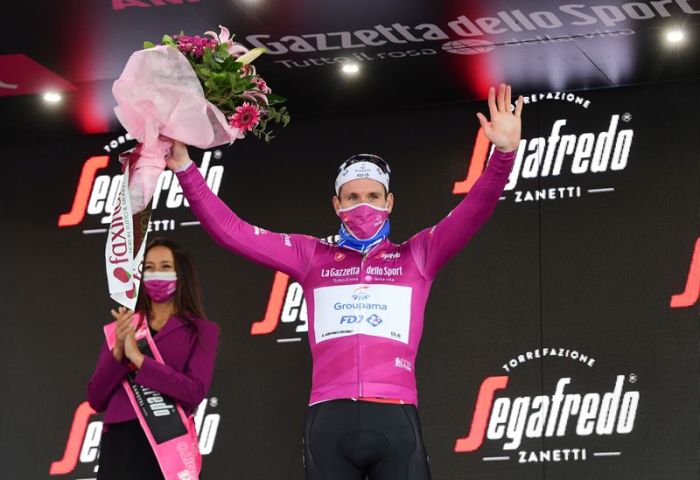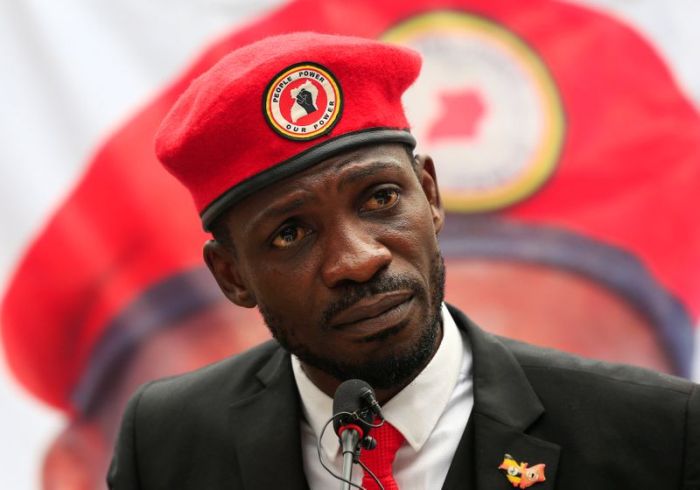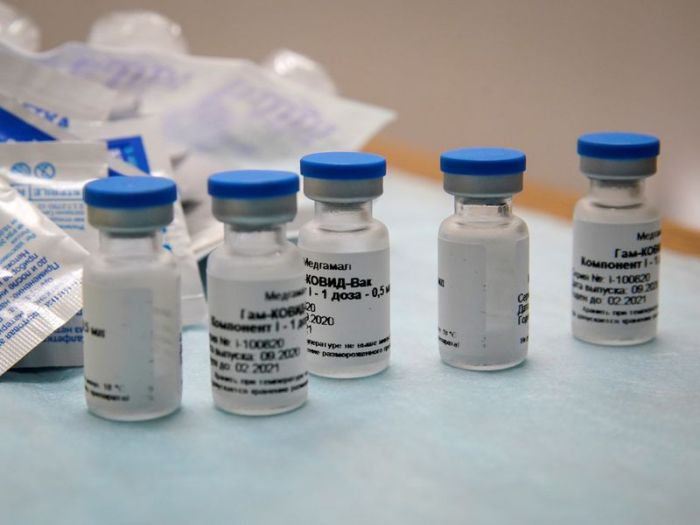BANGKOK (Reuters) – Thousands of Thai protesters set up camp outside Prime Minister Prayuth Chan-ocha’s office late on Wednesday, in an escalation of three months of demonstrations aimed at forcing the former junta leader to step down.
Police and the government urged the protesters to disperse. They also threatened to prosecute demonstrators who had obstructed a royal motorcade and insulted the monarchy of King Maha Vajiralongkorn.
“This is not a peaceful protest,” police spokesman Kissana Phathanacharoen told a news conference held after 11 p.m. “Protesters have continuously violated the law.”
As darkness fell, the crowd of mostly young adults gathered at the gates of Government House, a grandiose complex in central Bangkok where cabinet meetings are held. Many sat on mats and said they planned to stay for at least three days.
“We won’t leave until Prayuth resigns,” said one protest leader, Arnon Nampa.
Government spokesman Anucha Burapachaisri urged families to encourage their children to leave the protest for their own safety.
The protest movement aims to remove Prayuth, who took power in a 2014 coup that was meant to end a decade of violence between supporters and opponents of the country’s establishment.
Those marching on the streets also want a new constitution and have called for the king’s powers to be reduced.
At Government House, some protesters chanted insults at imposing gold-framed pictures of the king – an act potentially punishable by up to 15 years in prison under Thailand’s strict lese majeste laws.
Earlier, tens of thousands of protesters had marched to the seat of power, Reuters journalists estimated. Protesters put the number at more than 100,000 and said it was their biggest rally yet. Police put the number at 8,000.
FACE-OFF
The crowd had gathered earlier at Bangkok’s Democracy Monument, where it faced off with yellow-shirted supporters of the royal family hoping to catch a rare glimpse of the monarch. He spends much of his time in Germany.
Municipal trucks brought hundreds of workers to join the pro-monarchy crowd. One man among them appeared to sympathise with the protests, giving the three-fingered salute that has become the symbol of resistance against the political establishment. Demonstrators rushed to shake his hand.
Most royalists dispersed quickly after the motorcade carrying the king had passed, but some protesters later slowed a convoy carrying Queen Suthida, giving the three-finger salute and chanted “get out” at police protecting the vehicle.
Video on social media showed the queen smiling through the car window.
One royalist leader, Buddha Issara, said the protesters could demand democracy but must not call for reforms of the monarchy, as some have done.
“They must not touch the institution,” he told reporters.
Protesters made a rare direct challenge to the king on Tuesday, chanting at his passing convoy after 21 activists were arrested during scuffles with police. The detainees were charged with public order offences on Wednesday.
Demonstrators demanded their unconditional release. One, aged 17, was allowed out on condition he not offend again.
The royal palace has not responded to requests for comment on the protests or the protesters’ demands.
Among those demands are for curbs on the constitutional powers of the king and for him to transfer back personal control he took of some army units and a palace fortune valued in the tens of billions of dollars.
They say Prayuth manipulated elections last year to ensure the army’s continued hold over the establishment. He says the elections were fair.
“Things shouldn’t be like this,” said one 17-year-old student at the protest who gave her name only as Foil. “We have to take back our future.”
(Writing by Matthew Tostevin; Additional reporting by Chayut Setboonsarng; Editing by Robert Birsel and Mike Collett-White)

